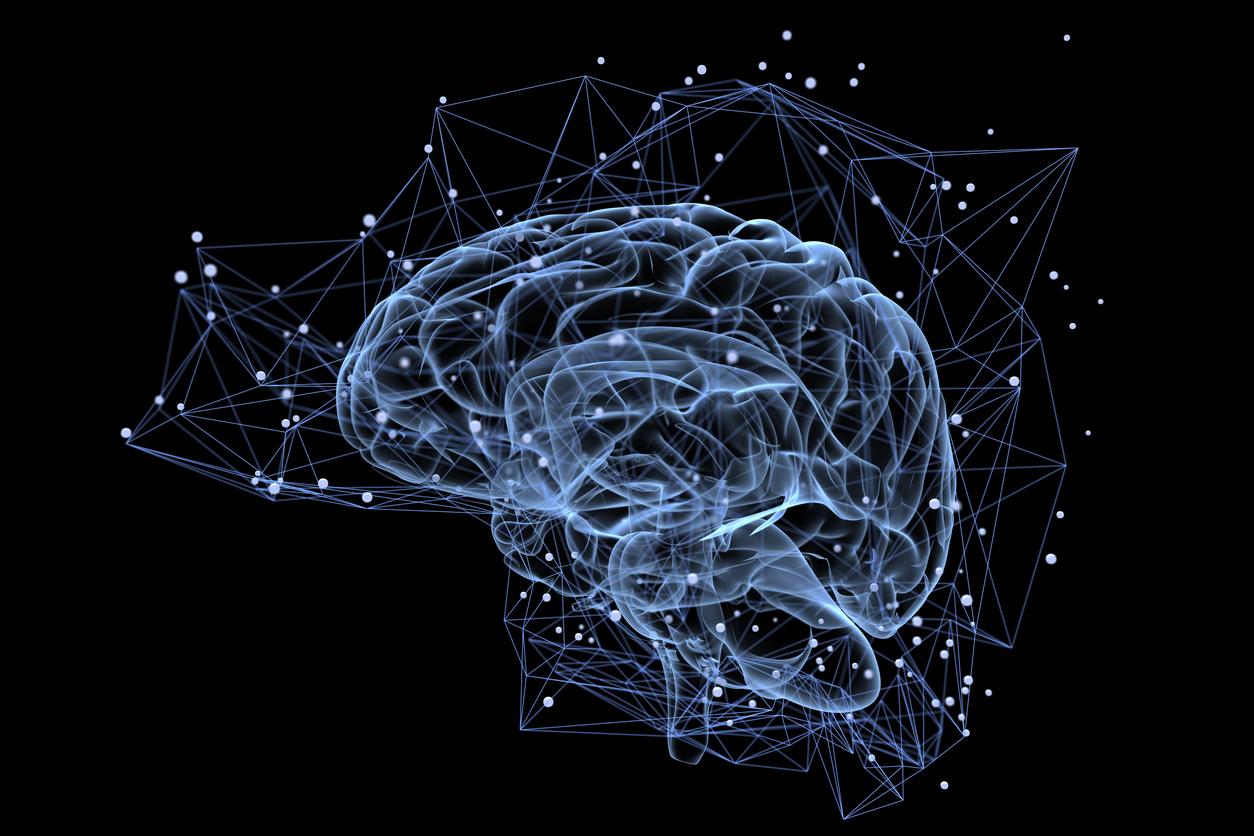Multiplications, problems, equations … If these words make you shiver, you may be suffering from math anxiety. In some cases, this evil finds its source in the genes.

Panic in the face of a division, anxiety over an equation, crises during homework… Math anxiety is an anxious manifestation in its own right. “You say the word ‘math’ and some people cringe for real. It is not comparable to learning to read, ”summarizes Stephen Petrill, author of a study published on March 18 in the Journal of Child Psychology and Psychiatry. With a team from Ohio State University (United States), he tried to determine the sources of this anxiety.
The anxiety of math has real effects on the learning of the subject. In the most anxious children, it inhibits abilities. “If you are ‘scared of the math’ it is often more difficult to solve problems,” said Zhe Wang, lead author of the study. “We need to teach children to manage their emotions, so that anxiety does not prevent them from giving their best. It is still necessary to understand how the mechanism of this anxiety acts.
The genes responsible for 40%
The researchers followed 126 identical twins and 298 fraternal twins, as early as their 5the year. 8 home assessments were carried out during the period. This study only used the last two, when the children were 9 and 15 years old. All the participants carried out several tests: general anxiety related to maths, problem solving, written comprehension… These data were analyzed and cross-checked in order to determine the factors at the source of math anxiety.
“We discovered that math anxiety exploits genetic predispositions,” explains Zhe Wang. In other words, such anxiety can be a sign of general anxiety, which is lodged in the genes. “These genetic factors can exacerbate or reduce the risk of performing poorly in math. If you have these genetic risk factors and you have a bad experience in math class, it could make learning much more difficult, ”adds Stephen Petrill. This does not mean that it is necessary to attack its genes only, specifies the team. Indeed, these anxieties of maths would have a part of genetic origin of the order of 40%, the rest is a mixture of environmental, school and family factors.
.















